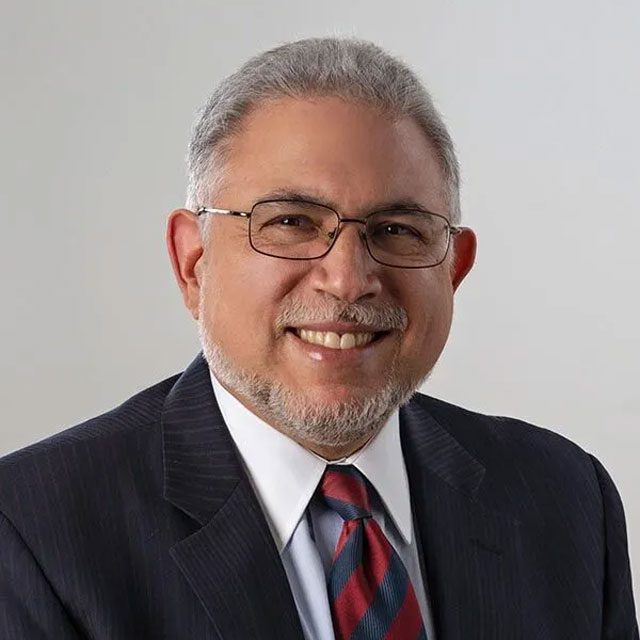A Closer Look at the DOL's Proposed Rollover Rule

IRS Form 5330
The proposed amendments would require financial institutions, including investment advisors, to report any non-exempt prohibited transactions in connection with fiduciary investment advice by filing IRS Form 5330, correcting those transactions and paying any resulting excise taxes.
Violation of this aspect of the proposed rule could result in ineligibility to rely on the exemption.
Best-Interest Standards
The proposed amendment retains the best-interest standard from PTE 2020-02. In other words, all investment advice must be, at the time it is provided, in the best interest of the retirement investor.
Best-interest advice: (1) reflects the care, skill, prudence and diligence that a prudent person would use based on the investment objectives, risk tolerance, financial circumstances and needs of the retirement investor, and (2) does not place the financial or other interests of the investment professional, financial institution or other party ahead of the interests of the retirement investor.
Reasonable Compensation and Best Execution
The proposed amendment retains the reasonable compensation and best execution standards from PTE 2020-02, with minor adjustments. Compensation received by the financial institution or investment professional must not exceed reasonable compensation within the meaning of ERISA, and the financial institution must seek to obtain the best execution of the recommended transaction.
Photo Illustration: Chris Nicholls/ALM; photos of Acting Labor Secretary Julie Su and President Joe Biden, Bloomberg; photo of DOL headquarters: Shutterstock


